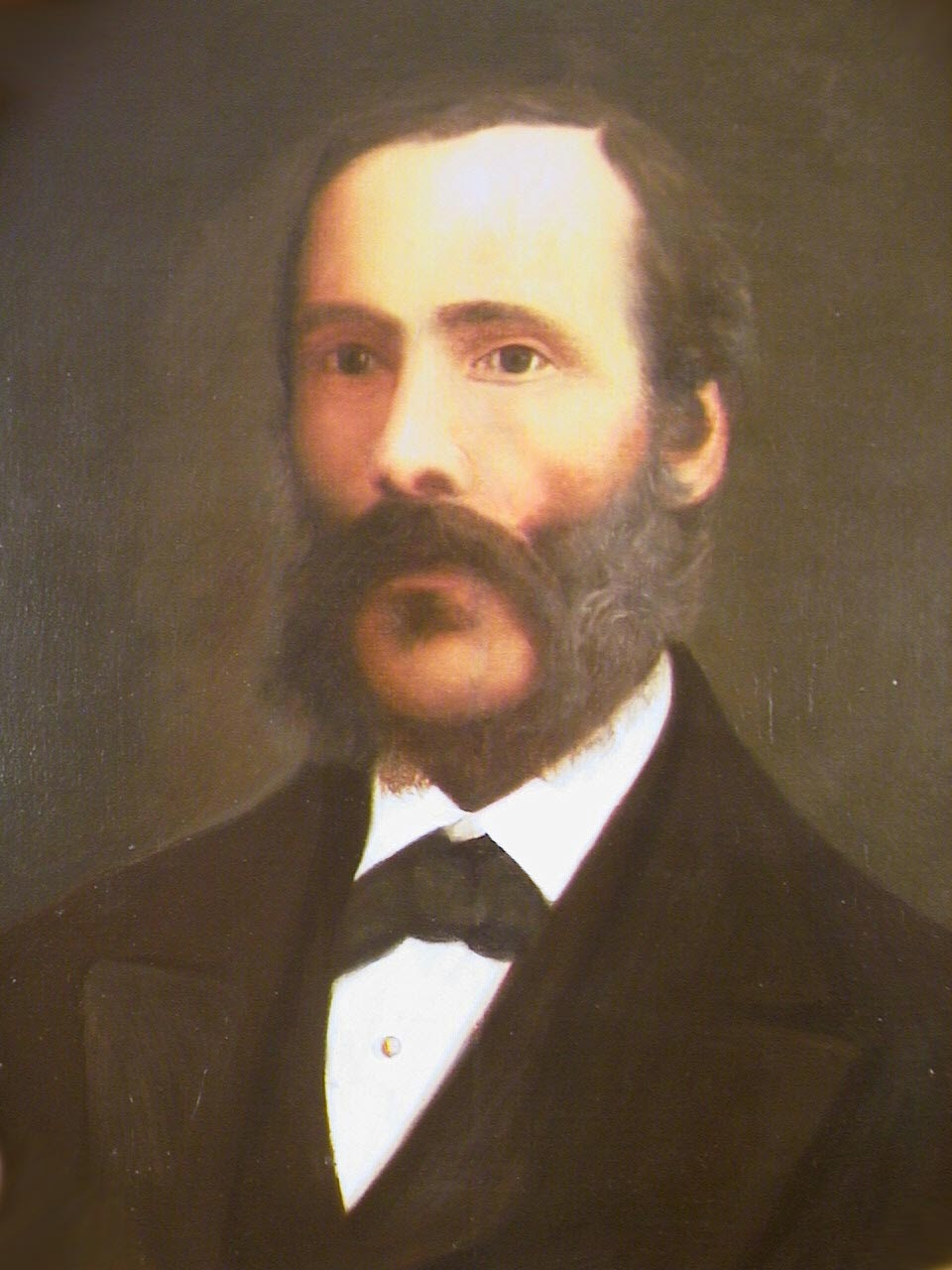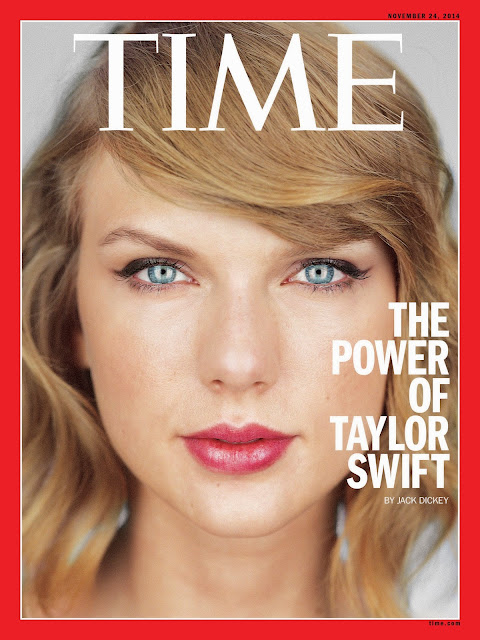| | “THE BOY AND THE MANTLE |
| |
| “In Carlisle dwelt King Arthur, |
| A prince of passing might, |
| And there maintained his Table Round, |
| Beset with many a knight. |
| |
| “And there he kept his Christmas, |
| With mirth and princely cheer, |
| When lo! a strange and cunning boy |
| Before him did appear. |
| |
| “A kirtle and a mantle |
| This boy had him upon, |
| With brooches, rings, and oucnes, |
| Full daintily bedone. |
| |
| “He had a sash of silk |
| About his middle meet; |
| And thus with seemly curtesie |
| He did King Arthur greet: |
| |
| “‘God speed thee, brave King Arthur. |
| Thus feasting in thy bower, |
| And Guenever, thy goodly queen, |
| That fair and peerless flower. |
| |
| “‘Ye gallant lords and lordlings, |
| I wish you all take heed, |
| Lest what ye deem a blooming rose |
| Should prove a cankered weed.’ |
| |
| “Then straightway from his bosom |
| A little wand he drew; |
| And with it eke a mantle, |
| Of wondrous shape and hue. |
| |
| “‘Now have thou here, King Arthur, |
| Have this here of me, |
| And give unto thy comely queen, |
| All shapen as you see. |
| |
| “‘No wife it shall become, |
| That once hath been to blame.’ |
| Then every knight in Arthur’s court |
| Sly glanced at his dame. |
| |
| “And first came Lady Guenever, |
| The mantle she must try. |
| This dame she was new-fangled, 1 |
| And of a roving eye. |
| |
| “When she had taken the mantle, |
| And all with it was clad, |
| From top to toe it shivered down, |
| As though with shears beshred. |
| |
| “One while it was too long, |
| Another while too short, |
| And wrinkled on her shoulders, |
| In most unseemly sort. |
| |
| “Now green, now red it seemed, |
| Then all of sable hue; |
| ‘Beshrew me,’ quoth King Arthur, |
| ‘I think thou be’st not true!’ |
| |
| “Down she threw the mantle, |
| No longer would she stay; |
| But, storming like a fury, |
| To her chamber flung away. |
| |
| “She cursed the rascal weaver, |
| That had the mantle wrought; |
| And doubly cursed the froward imp |
| Who thither had it brought. |
| |
| “‘I had rather live in deserts, |
| Beneath the greenwood tree, |
| Than here, base king, among thy grooms |
| The sport of them and thee.’ |
| |
| “Sir Kay called forth his lady, |
| And bade her to come near: |
| ‘Yet dame, if thou be guilty, |
| I pray thee now forbear.’ |
| |
| “This lady, pertly giggling, |
| With forward step came on, |
| And boldly to the little boy |
| With fearless face is gone. |
| |
| “When she had taken the mantle, |
| With purpose for to wear, |
| It shrunk up to her shoulder, |
| And left her back all bare. |
| |
| “Then every merry knight, |
| That was in Arthur’s court, |
| Gibed and laughed and flouted, |
| To see that pleasant sport. |
| |
| “Down she threw the mantle, |
| No longer bold or gay, |
| But, with a face all pale and wan, |
| To her chamber slunk away. |
| |
| “Then forth came an old knight |
| A pattering o’er his creed, |
| And proffered to the little boy |
| Five nobles to his meed: |
| |
| “‘And all the time of Christmas |
| Plum-porridge shall be thine, |
| If thou wilt let my lady fair |
| Within the mantle shine.’ |
| |
| “A saint his lady seemed, |
| With step demure and slow, |
| And gravely to the mantle |
| With mincing face doth go. |
| |
| “When she the same had taken |
| That was so fine and thin, |
| It shrivelled all about her, |
| And showed her dainty skin. |
| |
| “Ah! little did her mincing, |
| Or his long prayers bestead; |
| She had no more hung on her |
| Than a tassel and a thread. |
| |
| “Down she threw the mantle, |
| With terror and dismay, |
| And with a face of scarlet |
| To her chamber hied away. |
| |
| “Sir Cradock called his lady, |
| And bade her to come near: |
| ‘Come win this mantle, lady, |
| And do me credit here: |
| |
| “‘Come win this mantle, lady, |
| For now it shall be thine, |
| If thou hast never done amiss, |
| Since first I made thee mine.’ |
| |
| “The lady, gently blushing, |
| With modest grace came on; |
| And now to try the wondrous charm |
| Courageously is gone. |
| |
| “When she had ta’en the mantle, |
| And put it on her back, |
| About the hem it seemed |
| To wrinkle and to crack. |
| |
| “‘Lie still,’ she cried, ‘O mantle! |
| And shame me not for naught; |
| I’ll freely own whate’er amiss |
| Or blameful I have wrought. |
| |
| “‘Once I kissed Sir Cradock |
| Beneath the greenwood tree; |
| Once I kissed Sir Cradock’s mouth, |
| Before he married me.’ |
| |
| “When she had thus her shriven, |
| And her worst fault had told, |
| The mantle soon became her, |
| Right comely as it should. |
| |
| “Most rich and fair of color, |
| Like gold it glittering shone, |
| And much the knights in Arthur’s court |
| Admired her every one.” |

























































